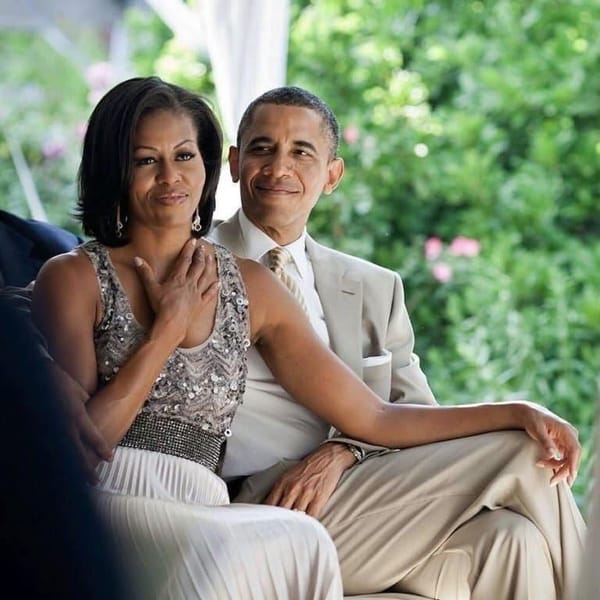Peace Abroad, Chaos at Home: The Trumpian Paradox

It’s a strange time to live in America — though, to be fair, it’s always strange when the man in the Oval Office insists he’s bringing peace to the Middle East while treating his own citizens like insurgents. Donald J. Trump, the self-styled dealmaker of the century, wants credit for “historic peace agreements” abroad. Yet, back home, his version of peace looks suspiciously like tear gas curling through American streets and riot gear glinting beneath the summer sun.
Let’s unpack this modern paradox — a president hailed as a peacemaker overseas, yet a chaos conductor in his own country.
The Middle East: Trump’s Self-Proclaimed Masterstroke
The Trump administration loves a ceremony — flags, gold pens, and oversized signatures. So when the Abraham Accords were signed between Israel, the UAE, and Bahrain, Trump positioned himself as the second coming of Kissinger — minus the diplomacy, plus the showmanship.
He boasted that he’d accomplished what no other president could: peace in the Middle East. Of course, “peace” is doing some Olympic-level heavy lifting here. The agreements didn’t resolve any long-standing conflicts — not the occupation, not Gaza, not the deeper historical wounds of displacement and distrust. They were, essentially, business deals dressed in the language of peace: arms sales, trade incentives, tourism, and joint investments.
In short, Trump negotiated peace among partners who weren’t at war. That’s like claiming you’ve cured cancer because your cold went away. Still, the optics were good — white columns, waving flags, and a photo op that suggested America was still the world’s referee, even as it was losing control of its own locker room.
Now there is a framework negotiated for peace between Israel and Hamas. We’ll see
Meanwhile, Back in the Homeland
While Trump plays statesman abroad, his domestic stage looks more like a dystopian dress rehearsal. American cities in protest and pain — not from foreign threats, but from citizens demanding justice, accountability, and a shred of humanity.
In response, Trump doesn extend the olive branch. He extends the baton.
He labels protesters “thugs,” journalists “enemies,” and the press “fake news.” Peace, in Trump’s dictionary, was something you imposed — preferably with a wall, a curfew, or the National Guard and the Military.
He famously declared himself the “President of Law and Order,” though the laws he follows are his own, and the order he imposes resembled a boot pressing down on the neck of dissent. Cities like Portland, Chicago and Washington, D.C., see unidentified federal agents snatch people off the streets, as if auditioning for a future police state docuseries.
The irony is impossible to ignore: while Trump poses with Middle Eastern leaders under the banner of “peace,” his own citizens are being tear-gassed just as he did outside the White House so he could pose with a Bible.
The Authoritarian Playbook
The dichotomy isn’t accidental — it’s strategic. Authoritarians often promote peace abroad while tightening control at home. It’s a performance of strength. “See?” they say. “I can bring enemies to the table and my people to their knees.”
Trump’s obsession with optics — the handshake, the photo, the headline — means his foreign “peace” serves as cover for domestic unrest. It allows him to claim the mantle of peacemaker while feeding his base a steady diet of fear and nationalism.
And it works - for a while. His supporters applaud him as a global negotiator even as he demonizes half the country. The contradictions don’t matter because they were never meant to make sense; they were meant to create a narrative: Trump, the strongman who tames chaos. He simply forgot to mention he was also the one lighting the match.
Peace Without Justice Is Just Quiet Oppression
At its core, Trump’s paradox isn’t about foreign policy versus domestic policy — it’s about the illusion of control. The kind that uses peace treaties to distract from protest footage, or patriotic slogans to drown out cries for reform.
True peace isn’t signed on parchment or imposed through fear; it’s built through justice, trust, and shared humanity — concepts that rarely fit on a campaign hat.
So when the history books write about Trump the “peacemaker,” they’ll have to note the fine print: peace abroad, suppression at home. The president who claimed to end wars elsewhere while declaring one on his own citizens.
That’s not peace — that’s PR. And America, for all its contradictions, deserves better than photo-op diplomacy and domestic warfare disguised as patriotism.
Peace is more than a deal; it’s how you treat your people.
Julie Bolejack, MBA



